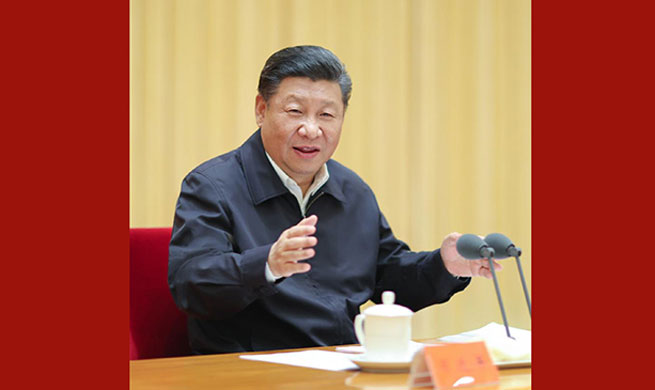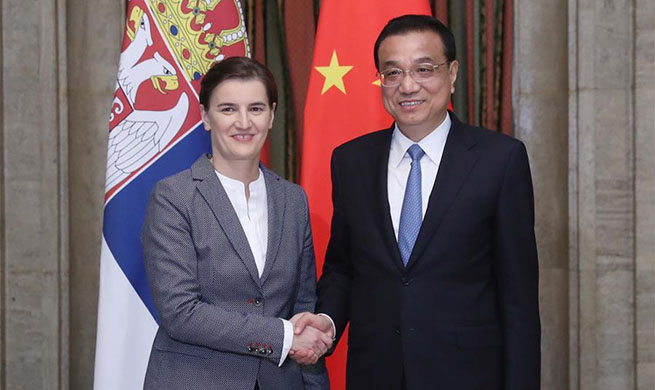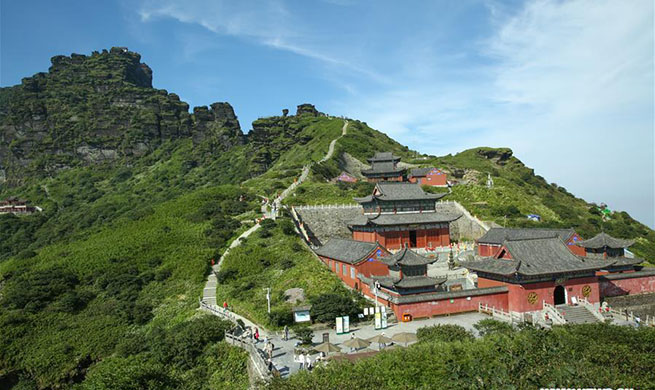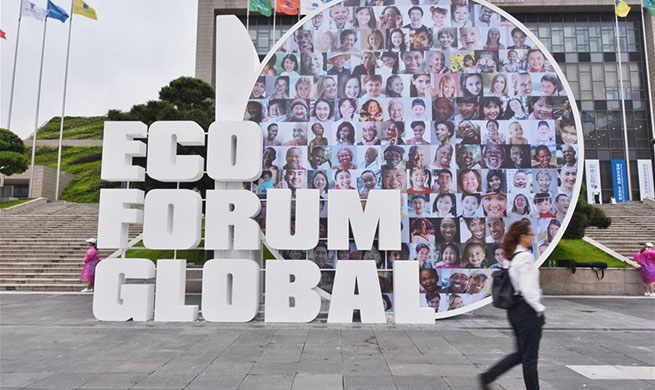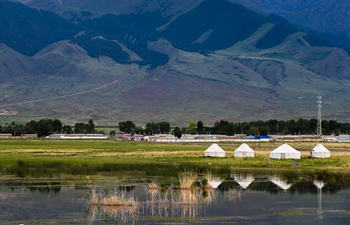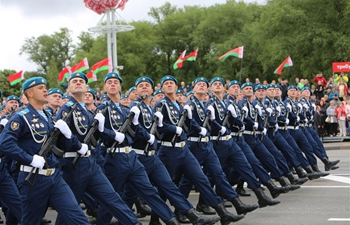BEIRUT, July 7 (Xinhua) -- China's government and private sectors are highly interested in investment in Lebanon, said Lebanese Economy Minister Raed Khoury.
"We have been told by the Chinese that they are very much interested in investing in Lebanon especially in infrastructure, roads, telecommunications and power plants," Khoury told Xinhua in an exclusive interview.
Khoury hoped that with the new National Economic Strategy prepared by Mckinsey & Company for Lebanon, China will be more encouraged to come and invest in the country.
The economy ministry hired global consulting firm Mckinsey & Company to draft a national economic strategy presented to Lebanese President Michel Aoun on July 4 in the hope that the strategy will be approved by the new government upon its formation.
The strategy provides a study of all productive sectors in the country and the projects that can be done to improve these sectors.
"Now we have a clear study with all the projects that are open for investment. China can bid for all the available projects," Khoury said.
The interview with Khoury was held ahead of the eighth ministerial meeting of the China-Arab States Cooperation Forum (CASCF), scheduled on July 10 in the Chinese capital Beijing.
The meeting will conduct in-depth discussions on consolidating the traditional friendship between China and Arab countries, advancing the construction of the Belt and Road Initiative, and strengthening the China-Arab cooperation forum.
Lebanon will also participate in the forum in a bid to promote itself as a country with great potential for investment.
"We want to promote Lebanon by telling all Arab countries and China that the country has a lot of great investment opportunities," said Khoury, who will be representing Lebanon in the forum.
"We want to kick off our economy especially after succeeding in shielding our country from war in neighboring Syria," he added. "This will be our message at the event."
Lebanon has already signed a Memorandum of Understanding with the Chinese government during the China-Arab States Expo held last December in Yinchuan, capital of northwest China's Ningxia Hui Autonomous Region.
The memorandum aimed at promoting economic cooperation between the two countries under the framework of the Belt and Road Initiative proposed by China in 2013.
The initiative aims to build trade and infrastructure networks connecting Asia with Europe and Africa on and beyond the ancient Silk Road routes. It comprises the Silk Road Economic Belt and the 21st-Century Maritime Silk Road.
Khoury noted that economic cooperation between Lebanon and China can be promoted by participating in exhibitions and holding talks and meetings between the private sectors in both countries to explore opportunities of trade.
In 2017, bilateral trade volume reached nearly 1.9 billion U.S. dollars, making China Lebanon's second largest trade partner.
Figures released by Lebanese customs showed that during the 2013-2016 period, China remained as Lebanon's largest trade partner and the largest source of imports.
Lebanon's top imports from China included boilers and machinery, electrical machinery and equipment, plastics, furniture and vehicles, while Lebanon's exports to China include copper, plastics, beverages and cocoa.
"In Lebanon we did not have an idea about which industries we should concentrate on mostly. This is why we prepared the Mckinsey study," said Khoury.
Khoury noted that Lebanon will hold a conference following the formation of the government to invite private companies to invest in Lebanon's infrastructure projects.










